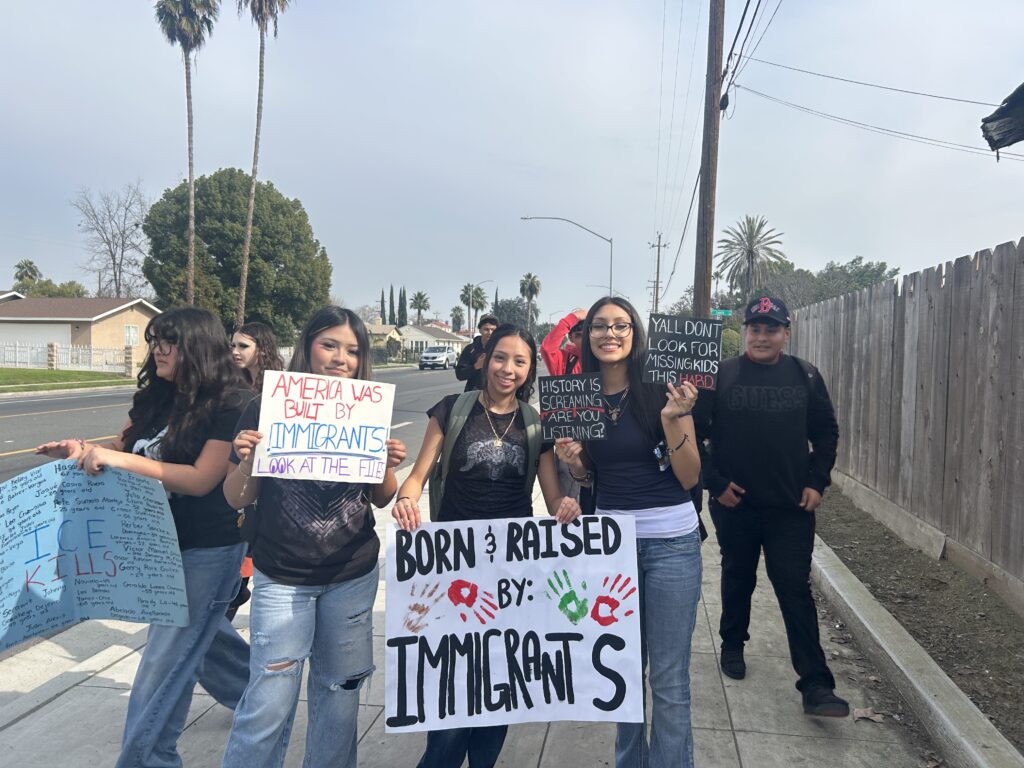Share
“It’s so surprising, I couldn’t believe it was true when I first heard it. I had to double check.”
That was the reaction from Wake Forest University economics professor James R. Otteson to details of the mortgage forbearance proposal in the $2 trillion coronavirus rescue package. Specifically, the CARES Act says any mortgage borrower can stop making payments by simply claiming they’re suffering an economic hardship as a direct or indirect result of the COVID-19 crisis.

Opinion
Michael Graham
InsideSources.com
Not only does the borrower not have to provide any proof they’ve lost income, the act expressly prohibits their lenders from even asking.
“The (loan) servicer shall, with no additional documentation required other than the borrower’s attestation to a financial hardship caused by the COVID-19 emergency … provide the forbearance for up to 180 days, which may be extended for an additional period of up to 180 days at the request of the borrower,” the act reads.
A six-month mortgage holiday, without any documentation that you’ve suffered any loss. This approach may achieve Washington’s goal of providing relief as quickly as possible, but it also creates challenges for the lending industry that Washington is counting on to provide this relief.
Will There Be a Tsunami of Skipped Mortgage Payments?
“Of course we want to help people who’ve lost their jobs, everybody wants to help,” said Scott Olson, executive director of the Community Home Lenders Association. “At the same time, we’re looking at a tsunami of missed payments, payments on loans that still have to be serviced. And unlike Freddie Mac, Fannie Mae and the large, institutional lenders, we can’t go up to the Fed window and get more money.”
For the typical homeowner who writes a check for the monthly mortgage, the inner workings of the lending industry don’t matter. But as Josh Rosner notes in a report for Graham Fisher & Co., ordering non-bank lenders to grant automatic forbearance without access to the cash to cover their costs could do real damage to a vital part of the economy.
“Non-bank servicers (who service more than 60 percent of FHA and 30 percent of GSE loans) are obligated to ensure the collection of timely payments of principal and interest and to forward those payments to mortgage-backed investors.” (GSE loans are “government-sponsored enterprise” loans, like Fannie Mae and Freddie Mac.)
In other words, the local community lender who doesn’t receive a mortgage payment still has to send money to the investors holding the note. A “tsunami” of such payments would be a disaster for the community home lending industry.
“If the Fed doesn’t set up a facility to keep them liquid every independent loan originator and loan servicer is at risk of failure,” Rosner said.
The Usual Economics Don’t Apply
A Yale School of Management report on the CARES Act backs up these concerns.
“Non-bank mortgage servicers now handle close to half of all mortgages. Also, as a team of Fed and other economists pointed out in a recent paper: ‘Non-bank mortgage companies also need to finance the costs associated with servicing defaulted loans for extended periods of time. Obtaining this financing can be difficult in times of strain.’”
And then there’s the broader issue of relying on the honor system when it comes to letting people stop paying their bills.
“A lot of people will avail themselves of this and stop making mortgage payments, Otteson said. “When you subsidize something, you get more of it. The potential moral hazard is huge.”
However, Kevin Erdmann, visiting fellow at George Mason University’s Mercatus Center, isn’t as worried about people taking advantage of the coronavirus legislation.
“As far as borrowers asking for deferrals when they don’t need them, if those borrowers truly want a few months’ worth of payments as cash, they should be able to get a much better interest rate by just doing a normal refinance,” rather than deferring their payments.
When a nation is intentionally driving its own economy into recession in order to fight a deadly virus outbreak, the usual economics don’t apply. It could be that pouring money as quickly as possible into the economy is a higher priority than protecting taxpayer dollars from borrowers who game the system.
What the Industry Wants Is for the Federal Government to Clarify the Rules Around the Forbearance Mandate
But community lenders and independent mortgage brokers (IMBs) are a key part of that economy. When the crisis passes, they will play an important role in getting funds flowing into the housing sector.
“If we let this liquidity crisis created by legislation take out all the IMBs, we’re going to be left with a much less competitive market, higher interest rates, and fewer choices,” Olson says. “And the little guys are going to feel it the most.”
What the industry wants is for the federal government to clarify the rules around the forbearance mandate — perhaps asking for some minimal evidence of economic distress — and for the Fed to provide the liquidity non-bank lenders need to service these loans until the crisis ends.
“The major fix that needs to happen right now is one of messaging,” says Rosner. “If you’ve suffered an economic impact, of course, these programs are here to help you. But if you haven’t, if you’re just trying to take a mortgage holiday, you’re committing fraud by attesting to a hardship you didn’t have.”
“People need to realize that when they apply for help they don’t need, they’re making it harder to get help to those who truly do.”
About the Author
Michael Graham is the political editor at InsideSources.com.
RELATED TOPICS:
Categories

Teen Arrested at Visalia Mall After Firearm Report

Tumblr Goes Down for Thousands, Downdetector Reports
















